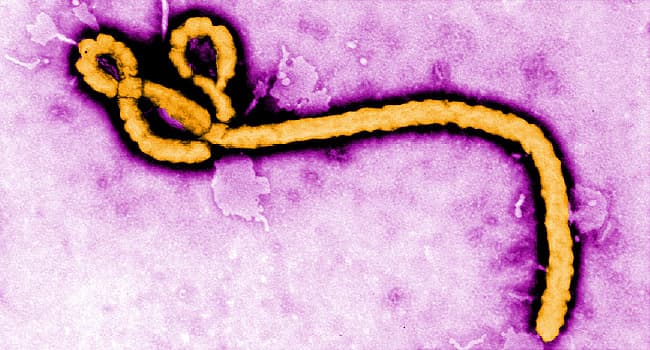The World Health Organisation (WHO) has deployed a team of health experts to Uganda to support the country's response to a confirmed outbreak of Sudan virus disease, a viral illness similar to Ebola.
Uganda has reported its first confirmed case of Sudan virus disease: a nurse from Mulago National Referral Hospital in Kampala.
No other health workers or patients are showing symptoms. 45 contacts, including health workers and family members, are under close monitoring. The urban location of the case necessitates a rapid and intense response.
To accelerate early response, WHO has allocated $1 million from its Contingency Fund for Emergencies. The funding will facilitate the rapid deployment of medical supplies, including personal protective equipment (PPE), from WHO's Emergency Response Hub in Nairobi.
Although there are no licensed vaccines available for Sudan virus disease, WHO is working closely with developers to deploy candidate vaccines as an additional public health measure.
These vaccines will be rolled out once all necessary administrative and regulatory approvals are obtained.
WHO Regional Director for Africa, Dr Matshidiso Moeti stated that a comprehensive response is being established, and the organisation is supporting the government and partners to scale up measures to quickly identify cases, isolate and provide care, curb the spread of the virus and protect the population.
“Uganda’s robust expertise in responding to public health emergencies will be crucial in ending this outbreak effectively,” he said.
There have been eight previous outbreaks of the Sudan virus disease, with five occurring in Uganda and three in Sudan. Uganda last reported an outbreak of Sudan virus disease in 2022.
“Banking on the existing expertise, we are accelerating all efforts, including expertise, resources and tools to save lives and bring the outbreak to a halt swiftly,” said Dr Kasonde Mwinga, WHO Representative in Uganda.
Sudan virus disease is a deadly viral illness that affects humans and primates, caused by the Sudan virus, a close relative of the Ebola virus.
Historical outbreaks of Sudan virus disease have reported mortality rates ranging from 41% to 100%. Currently, there are no licensed treatments or vaccines available.
However, providing supportive care early on has been proven to substantially decrease the number of fatalities.
Latest Stories
-
Pakistan to nominate Trump for Nobel Peace Prize
46 minutes -
Suicide bombing at Damascus church kills 22, Syrian authorities say
59 minutes -
Bellingham scores as 10-man Real Madrid beat Pachuca
1 hour -
Three fans die in Algeria football stadium fall
1 hour -
South African engineers freed after two years in Equatorial Guinea jail
2 hours -
FedEx founder and former boss Fred Smith dies aged 80
2 hours -
Bride shot dead in attack on French wedding party
2 hours -
Legon Cities handed transfer ban over unpaid GHC 29,000 compensation to Francis Addo
2 hours -
Alonso says FIFA investigating racial abuse against Rudiger
2 hours -
Rashford would like to play at Barcelona with Yamal
3 hours -
Garnacho posts picture wearing Aston Villa shirt
3 hours -
Premier League contacts Chelsea over Boehly ticket website
3 hours -
Africa World Airlines to reduce air fares by end of June 2025
5 hours -
Nationwide crackdown: Ghana’s Anti-Galamsey Task Force intensifies operations
5 hours -
TOR debt rose to a record $517m as of December 2024
5 hours

